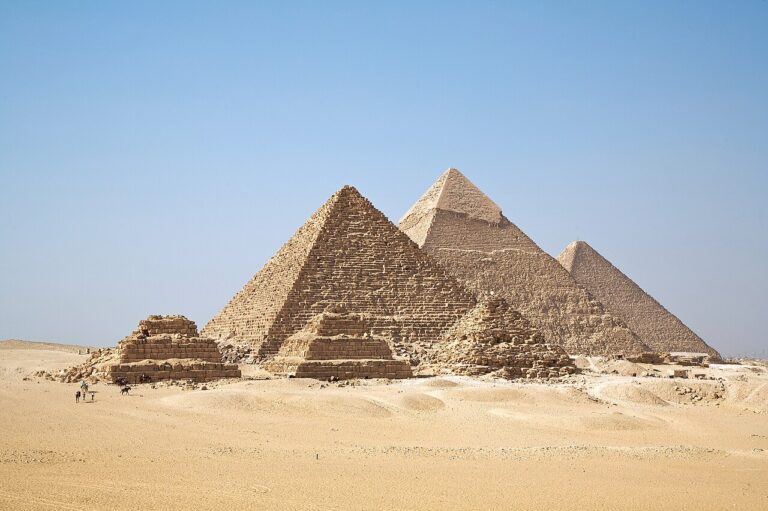
Gold Rush Divide: Colorado Town Weighs Pros and Cons of Mining Waste Extraction
In a tale of two extremes, the small town of Leadville, Colorado is locked in a heated debate over whether to extract gold from decades-old mining waste that has been polluting the Arkansas River basin for centuries. Proponents argue that this could not only create jobs but also speed up cleanup work and potentially provide a sustainable solution to water quality problems. However, opponents are quick to point out the risks of stirring up old mine waste, which could again foul water and threaten the welfare of residents.
A Century of Pollution
The Arkansas River basin has been a hotbed of mining activity for over 100 years, with gold being the primary target. In the late 1800s and early 1900s, mining operations in Leadville and surrounding areas were some of the most productive in the United States. However, as the mines closed down and the industry declined, the waste left behind was largely forgotten. Today, it is estimated that there are tens of thousands of tailings piles containing a staggering 245 billion tons of waste, with only a few ounces of gold per ton remaining.
The CJK Milling Proposal
Enter CJK Milling, a company looking to extract precious metals from this old mining waste. Their process involves trucking the waste to a nearby mill, crushing it to powder, and using cyanide to extract the gold and other metals. While some see this as a way to finally clean up the Arkansas River basin, others are concerned about the potential risks of stirring up old mine waste, which could again foul water and threaten the welfare of residents.
Jobs vs. Risk
Backers of the project argue that it could create jobs in an area where employment opportunities have been scarce for years. Ann Maest, a geochemist who has studied the issue extensively, believes that CJK Milling could help hasten cleanups through private investment, but only if done right.
“We need to look at this as a chance to do things better,” she said. “We can’t just go in and expect everything to be okay.”
However, others are not so sure. Parkville Water District Manager Greg Teter oversees the water supply for Leadville and surrounding areas, and he views CJK Milling as a potential solution to water quality problems.
“It’s a tough decision,” he said. “But we have to think about the long-term consequences of this project.”
A Divided Community
The debate over whether to extract gold from mining waste is not just about the environment or jobs; it’s also about community values and what kind of legacy Leadville wants to leave behind.
“We’re a small town, and we need to make decisions that are right for our people,” said local resident Sarah Johnson. “We can’t just ignore the risks and hope everything will be okay.”
Others see this as an opportunity to finally clean up the Arkansas River basin and create jobs in the process.
“It’s not about whether it’s good or bad,” said businessman John Smith. “It’s about doing what needs to be done to make Leadville a better place for our children and grandchildren.”
A Complex Case
The case for extracting gold from mining waste is complex, with both sides presenting valid arguments. On one hand, CJK Milling could create jobs and potentially provide a sustainable solution to water quality problems. On the other hand, there are risks associated with stirring up old mine waste, which could again foul water and threaten the welfare of residents.
As the debate continues in Leadville, it’s clear that this is not just about gold or pollution; it’s about community values and what kind of legacy we want to leave behind. Will CJK Milling be able to extract gold from mining waste without causing harm to the environment and the people of Leadville? Only time will tell.
Conclusion
The debate over extracting gold from mining waste in Leadville, Colorado is a complex one with both sides presenting valid arguments. While backers argue that this could create jobs and potentially provide a sustainable solution to water quality problems, opponents are concerned about the potential risks of stirring up old mine waste, which could again foul water and threaten the welfare of residents.
As the debate continues, it’s clear that this is not just about gold or pollution; it’s about community values and what kind of legacy we want to leave behind. Will CJK Milling be able to extract gold from mining waste without causing harm to the environment and the people of Leadville? Only time will tell.






what if the “fancy technology” you speak of is merely a euphemism for a more expensive and complex solution, one that would indeed line CJK Milling’s pockets with gold – literally?
The alluring promise of gold – how it has ravaged the beauty of our Colorado wilderness. Maxwell’s words evoke a sense of despair, as if we are indeed trading one evil for another by extracting precious metals from this toxic waste. Can we truly call it progress when we’re merely perpetuating a cycle of destruction, leaving behind a scarred landscape and a lingering shadow of environmental degradation?
I strongly disagree with the author’s portrayal of this issue as a “tale of two extremes.” The risks associated with extracting gold from mining waste are not just about “stirring up old mine waste” – they involve real and potentially catastrophic consequences for human health, the environment, and the local community. The fact that some proponents see this as an opportunity to create jobs without considering the long-term implications is disturbing. Don’t you think that the potential risks should be given more weight in the decision-making process?
Gabriel, I’ve got nothing but respect for your sharp commentary skills – always keeping us on our toes. As someone who’s passionate about environmental protection, I think it’s crucial to acknowledge the systemic issues at play here, rather than just shifting the blame onto one entity. And with the recent search and rescue efforts underway in Alaska, it’s a harsh reminder of how quickly things can go wrong when we prioritize profits over people and the planet.”
Credit: Gabriel
Great points from Melissa, but I think she’s being a bit too optimistic about the PM’s ability to appoint ‘convicted fraudsters’ without anyone noticing – just saying, it’s like trying to clean up pollution in Colorado with a hazmat suit made of Kemi Badenoch’s conservative ideals. Seriously though, Melissa raises some valid points about economic stimulation and responsible environmental management, but I still think we need to be cautious about trading one evil for another.